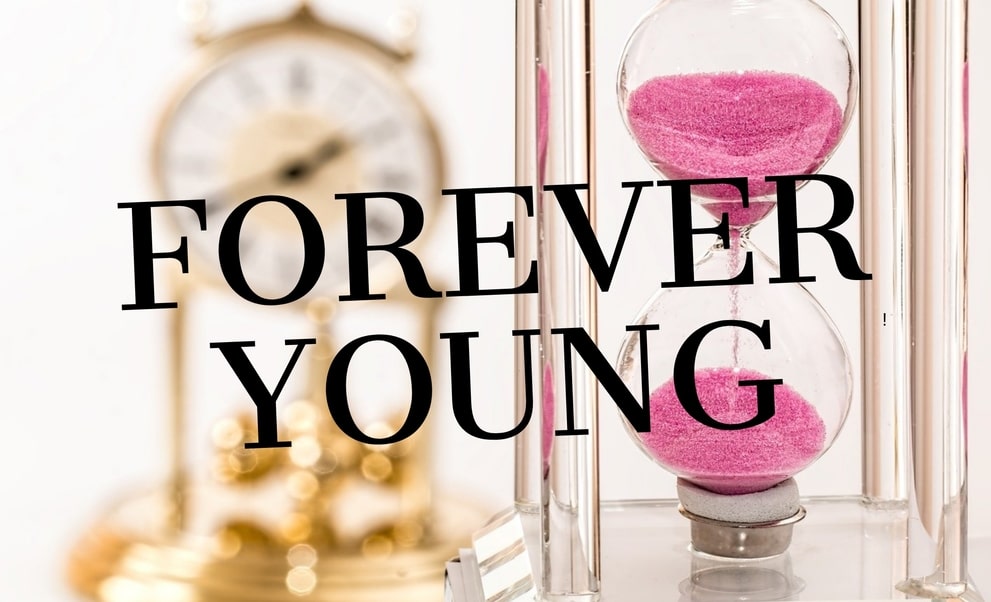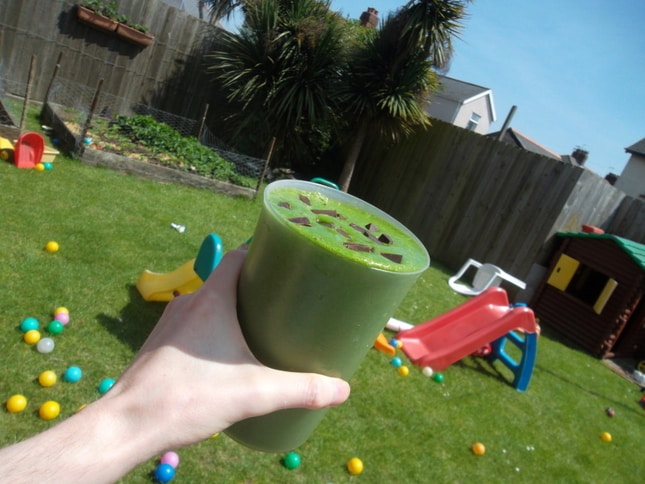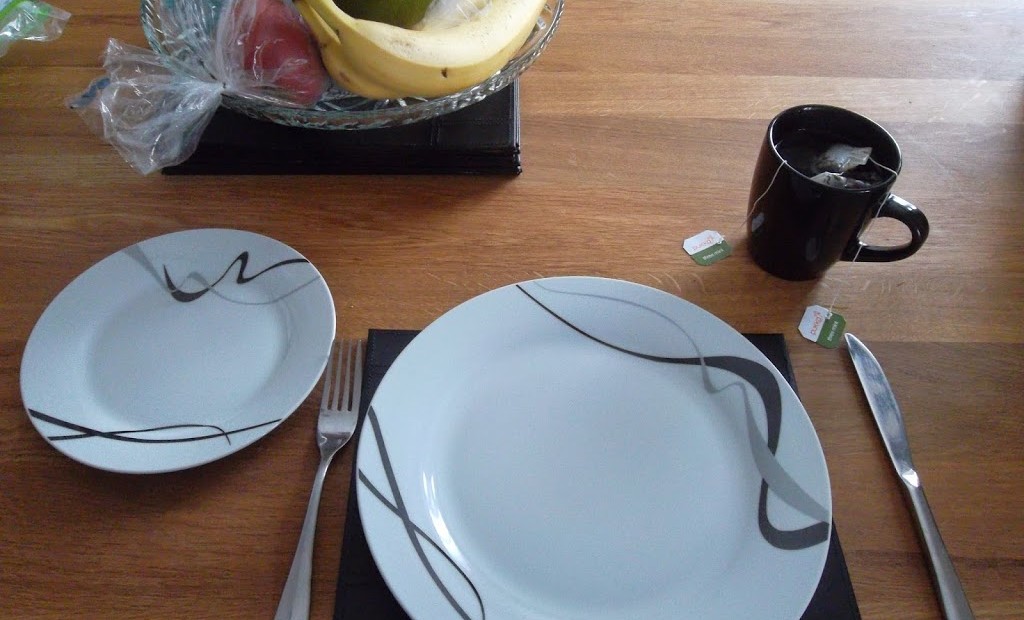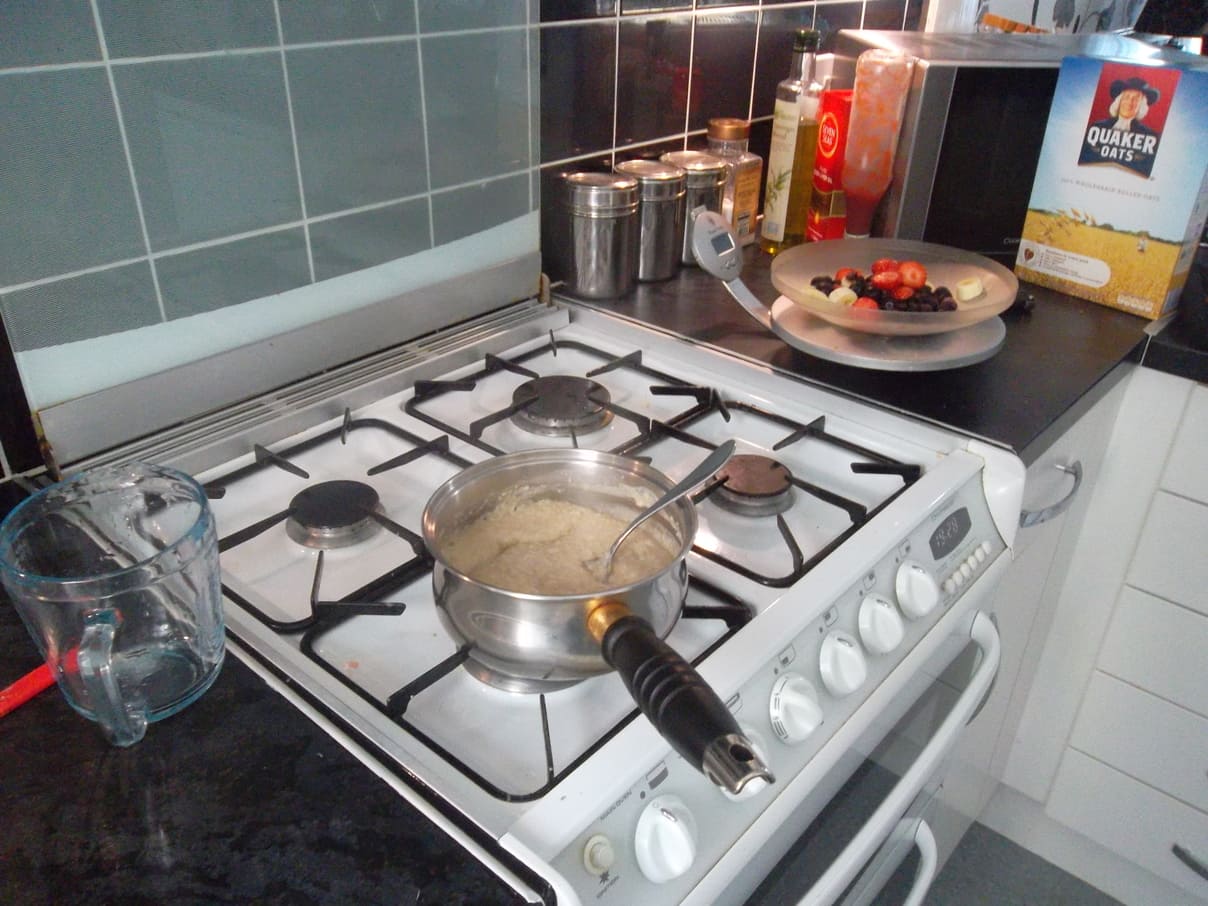Disclosure: This article may contain affiliate links. If you decide to make a purchase, I may make a small commission at no extra cost to you.
Starting a calorie restriction diet could possibly be the best thing you can do for your health and longevity, but it’s not the easiest thing the world for most people. Only those with a high level of discipline, determination, and belief that it works have been able to stick it out long term.
People who practice a CR Diet do so in many different ways, there is no single definition of what a CR diet should comprise of when it comes to the foods we include or the macronutrient ratios we adhere to. How we practice calorie restriction can be guided by biomarkers and by how we feel.
In this article, I’ll go through the main things that you should be aware of if you’re looking at using calorie restriction as a means to improve your health and lifespan. I’d also recommend that you read more about the benefits of CR, this will give you some encouragement to stick with the diet long enough to reap the rewards.
Getting started on a CR Diet
Before you start restricting your calories, there are a few things that you should probably do. It can be exciting to know that when you start restricting, you turn on those “longevity genes”, but take your time and do some preparation and research before you start the diet.
#1. Get some baseline tests done before you start
There are a few reasons why you should get some baseline tests done before you start your CR diet.
- You will be able to see if you are suitable and healthy enough to begin the diet.
- You will be able to track your improvements from baseline for various health biomarkers that are affected by calorie restriction.
- You can show your family, friends and even your doctor the improvements in your bloodwork and health stats after trying the diet. This may encourage other people to make some positive changes to their diet! Seeing is believing, after all.
Which tests should you have done?
These are just some of the baseline measurements and tests you should get done before starting CR:
- Blood pressure
- Core body temperature
- Body weight and body fat percentage
- Metabolic panel – Includes potassium, sodium, calcium, etc
- Lipids – Includes HDL, LDL, Triglycerides
- Complete blood count – Includes white blood cell and red blood cell differentials
- Thyroid panel – Includes free T3, free T4, and TSH
- HbA1c – Measures average glucose over 3 months
- Sex hormones – Testosterone and Estrogen
- C-Reactive protein – Measures inflammation
- IGF-1
- Nutrients – B12, Folate, Iron, Vitamin D, etc
The first 7 on this list are really important, but it’s useful to include the others as you’ll have more information about how your body is responding to CR. You can see some of the effects beneficial effects CR has in humans by going here.
In Dr. Roy Walford’s “120 Year Diet” book, he also recommends tracking other biomarkers of aging which include:
- Skin elasticity – You can measure this by pinching the skin between your index finger and thumb. As you get older, the skin will take longer to snap back into position.
- Reaction time – How fast you can close your hand to stop it from falling after you let go of the ruler.
- Balance test – Balance gets worse as you age, and it can be harder to balance on one foot.
#2. Deciding on the right level of CR and right macronutrient ratio for the best results
It’s difficult to extrapolate anything from animal studies when it comes to knowing how many calories you should reduce your intake by.
One of the ways we can do these is by tracking our health biomarkers. That’s why it’s very important that you get the above baseline tests done before starting the diet.
Having these biomarkers is useful because if you are responding to calorie restriction in the way rodents respond to CR (and have their lifespan extended), you will see it reflected in tests as you continue the diet for months and years.
If you’re already skinny and you can’t afford to lose too much weight, then perhaps you may not want to lose more than 10% of your body weight and then evaluate from there once your weight has stabilized.
So if you’re 5ft 7″ and 130 lbs, reduce calories enough so that you stabilize at around 117 lbs.
If you’re on the heavier side and towards the higher end of the BMI scale, you may reduce body weight by up to 25%.
Reduce calorie intake slowly
Measure your calorie intake over a period of about 1 week before starting the diet and then reduce calories by approximately 10% from your ad libitum intake. So if you currently eat 2500 Calories per day, your new daily intake should be 2250 Calories.
After one or two months of slow weight loss, you can decide if you want to reduce calorie intake further. So if you want to practice 20% CR, reduce calorie intake by another 10%. This means if you initially were eating 2500 Calories per day, you will now eat 2000 Calories per day.
Reduce calorie intake by no more than 10% at a time to avoid problems associated with rapid weight loss. In animal models, it’s important to implement calorie restriction slowly. Extreme calorie restriction which is introduced suddenly can actually shorten the lifespan of mice.
The participants of a study at WUSTL were reported to be eating 1769 ±348 kcal/day compared with people on a standard diet 2302 ±668 kcal/day and exercisers who ate 2798 ±760 kcal/day [1].
Many animal studies reduce calorie intake relative to the ad libitum intake of the control group, but in humans, we should measure our own baseline and reduce from that. If you’re currently obese, then you may need to decrease calorie intake significantly more than what a person who has a BMI under 25 would need to, to induce the positive changes associated with longevity.
I began my CR Diet when I was 18 years old, but took it to a more serious level when I turned 20 years old. I was eating approximately 1550 k/cal back then and my BMI dropped to around 16.3. I maintained this for over 6 years before increasing my calorie intake to 1700k/cal per day because I felt it was less risky.
Now at 34 years old, my metabolism has slowed down considerably and I am able to eat between 1500-1600 k/cal per day and maintain a BMI of approximately 18.
Over time your body should adapt to CR. The goal is not weight loss, but to induce the beneficial changes that are associated with CR by tracking your biomarkers and altering your caloric intake in response to the results you’re getting.
Studies show that mice on CR that lose the least amount of body fat may see the most benefit from the diet. That doesn’t mean these CR mice at “fat” per se, but they are able to retain their body reserves and are better adapted to CR [2].
If you’re looking for a good app to track your calorie intake, try using CRON-O-METER.
Low protein intake on a CR Diet may be important for its anti-cancer effect
It’s become clear that humans and mice differ slightly when it comes to their response to CR and the reduction in IGF-1. Although humans on calorie restriction see a significant reduction in fasting insulin levels, IGF-1 is not decreased unless protein intake is also reduced significantly.
These results come from a paper published in Aging Cell, where it stated that when protein intake was reduced from 1.67 grams per kg of body weight for 3 weeks, serum IGF-1 decreased from 194 ng/mL to 152 ng/mL.
Without a reduction in protein intake, serum IGF-1 was similar to the control group.
If you stick to the RDA of protein your IGF-1 level should decrease to low-normal levels, and this may help slow down aging and reduce the risk of cancer as you age [3].
#3. Ask questions and engage with the CR community!
While many people are moving towards CR-mimetics and other promising anti-aging supplements and medications, there are still people who practice calorie restriction and have been doing it for many decades.
You can learn a lot from these people and they are easily accessible on the calorie restriction forums and Facebook groups.
You can also catch me hanging out in these places from time to time!
Check out the resource page for more information.
Get in some questions now even if you haven’t yet begun the diet. It’s a great little community filled with creative and intelligent people who will be glad to help you out.
#4. In with the good food and out with the bad
When I started my CR diet, I did it in stages. I never completely removed all the bad foods from my diet initially, but I slowly changed my diet by removing things like processed foods, sugar, salt, and fizzy drinks.
If you don’t want to change things too fast, try healthier versions of the foods you already eat. So, if you like eating bread, try swapping it out for some tasty wholemeal bread instead? Or perhaps you love potatoes, well, try sweet potatoes! They’re delicious and super healthy for you.
Some tips before you go shopping!
- Check out my list of healthy foods for a plant-based diet. Scroll to the bottom for a list of fruits and vegetables.
- Write down your shopping list before you leave the house! This helps you avoid buying things you don’t need or shouldn’t have in the diet.
- Crunch the numbers on CRON-O-METER. Play a little with the app to see if you can meet your recommended daily allowance of most or all of the vitamins and minerals. This will help you decide which foods you need to purchase.
- Don’t be scared to try new foods. Experiment and add new foods and ingredients each week. You’ll soon love all the new options in your diet!
- Don’t make it too complicated, but keep it interesting. Start with some basic ingredients and then make more complex and interesting dishes later on.
#5. Recommended books to read
There have been a few books written on calorie restriction which are great to read if you’re interested in the history of CR, the health effects of the diet, recipes, the science, and more.
Beyond The 120 Year Diet – This book was written by Dr. Roy Walford. A pioneer in CR research and was a CR practitioner himself later in his life. Although a little dated now, it’s a fascinating read and a must for anyone interested in learning about calorie restriction and the science behind the diet.
The Longevity Diet – This book on CR was written by Brian M. Delany, who is the president of the CR Society, and Lisa Walford (daughter of Roy Walford), who was also the co-author of the “anti-aging plan”. It’s a book that is easy to read in an afternoon and will get you started quickly on the diet.
The CR Way – This book was written by Paul McGlothin and his wife Meredith McGlothin. These two have been practicing calorie restriction for decades now and have been featured in many TV programs about CR and aging, as well as featured on various news channels. Their book emphasizes glucose control as a fundamental part of their strategy to achieve longevity.
Eat Less, Live Longer – This book was written by Anca Iovita. It’s one of the more recent books to be written on calorie restriction with optimal nutrition. With a keen interest in life extension, she goes into the ins and outs of doing a CR diet the best way possible to ensure optimal health and longevity.
#6. Watch videos about CR to become more informed about the benefits and risks
There are many videos online that are super informative in discussing the benefits of calorie restriction. Check out the videos below by Prof. Luigi Fontana. He has studied many people who are practicing calorie restriction and has published multiple studies about the diet.
#7. Don’t neglect exercise
Exercise is an important aspect of health, so you should aim to do some physical exercise a few times per week. Some people enjoy going for short runs every day, while others love to do yoga. It really doesn’t matter what it is as long as you are somewhat active.
Which kind of exercise should you do?
- Resistance exercise will help you maintain bone density as you lose weight on a CR diet. It also helps you maintain lean body mass, which is important with age.
- Yoga can help keep you flexible with age and keep your core strong. Good posture and balance are very important!
- Running can help you maintain an adequate fitness level and also improve mental well-being.
Although exercise may improve average lifespan, there isn’t much evidence that it slows down the rate of aging and extends maximum lifespan in animals or humans.
Some people like to practice mild CR and have a more active lifestyle, while other people prefer doing a severe CR and have a lighter exercise regimen that doesn’t use up too many calories (which leads to additional weight loss).
Find the right balance for you, your goals, and your lifestyle.
#8. Supplement where necessary but don’t overdo it
It’s not uncommon for people on a CR diet to have a few low days on some vitamins and minerals. If you find yourself low in certain micronutrients (use CRON-O-METER), you should make up for it by supplementing.
It’s not currently recommended that you supplement much beyond the current recommended daily allowance.
Your needs with regards to supplementing depend largely on the type of diet you follow. If you follow a vegan diet, I have made a list of supplements that you should consider taking, so be sure to check that out.
References
1. Andreea Soare, Roberto Cangemi, Daniela Omodei, John O. Holloszy, and Luigi Fontana1
Long-term calorie restriction, but not endurance exercise, lowers core body temperature in humans
https://www.ncbi.nlm.nih.gov/pmc/articles/PMC3117452/
2. Chen-Yu Liao, Brad A. Rikke, Thomas E. Johnson, Jonathan A.L. Gelfond, Vivian Diaz, and James F. Nelson
Fat Maintenance Is a Predictor of the Murine Lifespan Response to Dietary Restriction
https://www.ncbi.nlm.nih.gov/pmc/articles/PMC3685291/
3. Luigi Fontana, Edward P. Weiss, Dennis T. Villareal, Samuel Klein, and John O. Holloszy
Long-term effects of calorie or protein restriction on serum IGF-1 and IGFBP-3 concentration in humans
https://www.ncbi.nlm.nih.gov/pmc/articles/PMC2673798/
4. Roy Walford M. D – Beyond the 120 Year Diet









Thank you soo much for this.
You mebntioned a great point, those disciplined can sustain such life style.
Warmest regards,
Shqiponja – from the UK
CRONOMETER is amazing!!!!
Was wondering if CR would be possible for someone in a fairly physically active job, ie outdoors in all weather, farming/ building etc.
I’m 5’8″, about 11 stone age 40.